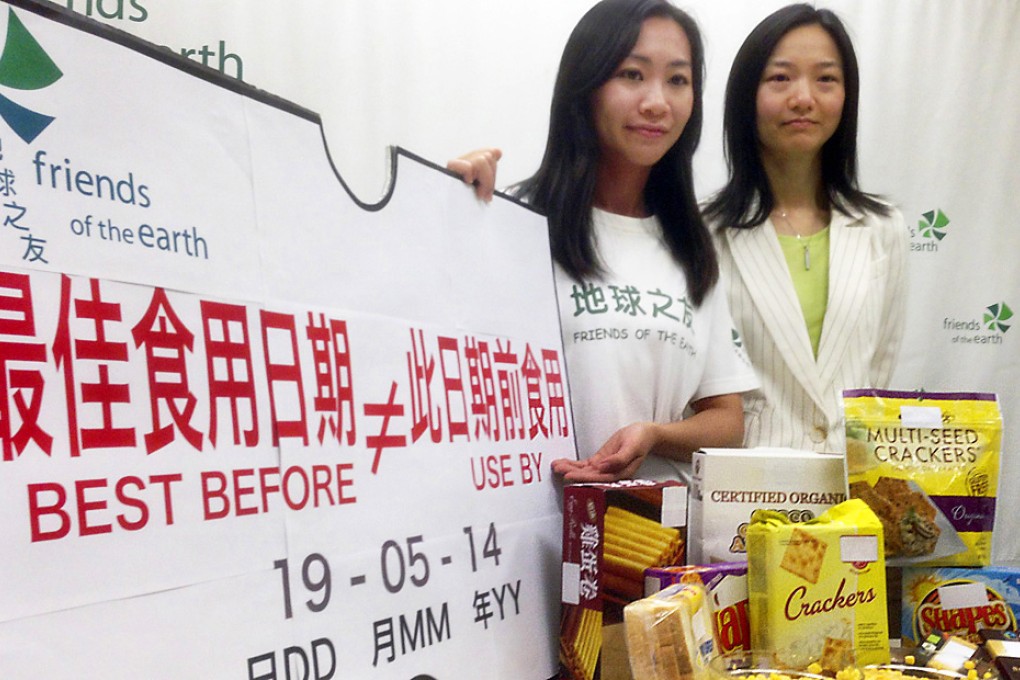Seven years after 'best before' date... but still good enough to eat
Tests find food safe to consume long after expiry as study highlights confusion over labelling

A tin of cranberry sauce that's nearly seven years past its best-before date could still be safe to eat, testing by Baptist University has found.
The sauce was one of 81 processed foods that expired at least three months ago, according to the labelling, yet passed bacterial safety tests.
The research was commissioned by Friends of the Earth.
All of the products were deemed "satisfactory" or "acceptable" under the government's food safety standards on microbiological limits, and this could come down to manufacturing technology, says chemistry lecturer Dr Karen Mak Ka-wai.
None of them contained the bacteria Clostridium perfringens, which can grow inside a can, devoid of oxygen, and is a common cause of food poisoning.
The 12-month study aimed to find out if "expired" food should necessarily end up in landfills.